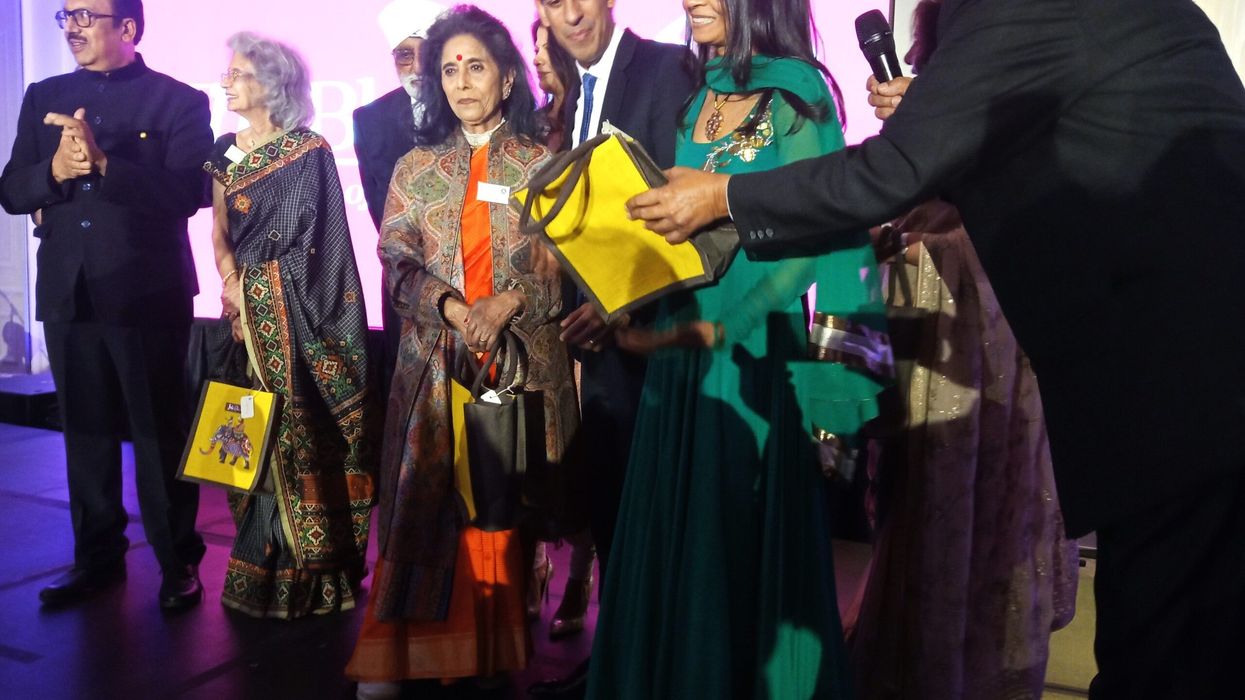STEPPING down as prime minister has not so far dimmed Rishi Sunak’s star quality.
He and his wife, Akshata Murty, were guests at the Bharatiya Vidya Bhavan’s annual Diwali dinner at the Marriott Hotel in London’s Grosvenor Square last Saturday (16).
The guest of honour was Rishi’s mother-in-law, Sudha Murty. His parents, Yashvir and Usha Sunak, were also present. Rishi was scarcely allowed to have his dinner as he dealt patiently with a queue of fans who wanted to shake his hand, take selfies and generally not leave him alone for a minute.
At the Asian Business Awards (ABAs) the previous night (15), I bumped into the historian, Sir Anthony Seldon, who is known for his political biographies of consecutive British prime ministers – John Major, Tony Blair, Gordon Brown, David Cameron, Theresa May, Boris Johnson and Liz Truss.
“I am writing a book on Rishi,” Seldon told me.
He came down hard on Boris: “He should never have been prime minister.”
I got the impression Seldon will be less negative about Rishi.
According to a report in the Sunday Times (17), Rishi’s top aides urged him to delay the general election.
Isaac Levido, who directed the election campaign for the Conservatives, and Michael Brooks, a Tory strategist, issued the warning in a blunt memo to the former prime minister on April 3, seven weeks before the election was called, the report said.
“It is strategically most beneficial to have an autumn election in October or November,” they argued.
Had Rishi lost in the autumn, the Sunday Times would have dug up a memo urging him to go for an early election. Remember Brown, who was pilloried for for not going for an early election?
It is as well to recognise that political journalism, especially in the Sundays which desperately look for “exclusives”, is a form of entertainment – and not always to be taken too seriously.
What is serious is the effect of chancellor Rachel Reeves’s budget, which Rishi had correctly predicted would raise taxes for every household by £2,000. If anything, that now seems to be an under-estimate.
At the ABAs, Pat McFadden, the chancellor of the Duchy of Lancaster, made a sensible speech supportive of the British Asian community. He said Asians businesses had grown to be “an economic powerhouse in this country”, and he wanted to “look forward to a future where the UK goes from strength to strength”.
However, the main priority of the government is to ensure Labour is re-elected in five years. That would explain why Reeves has targeted groups likely to vote Tory, including farmers and parents who send their children to private schools.




